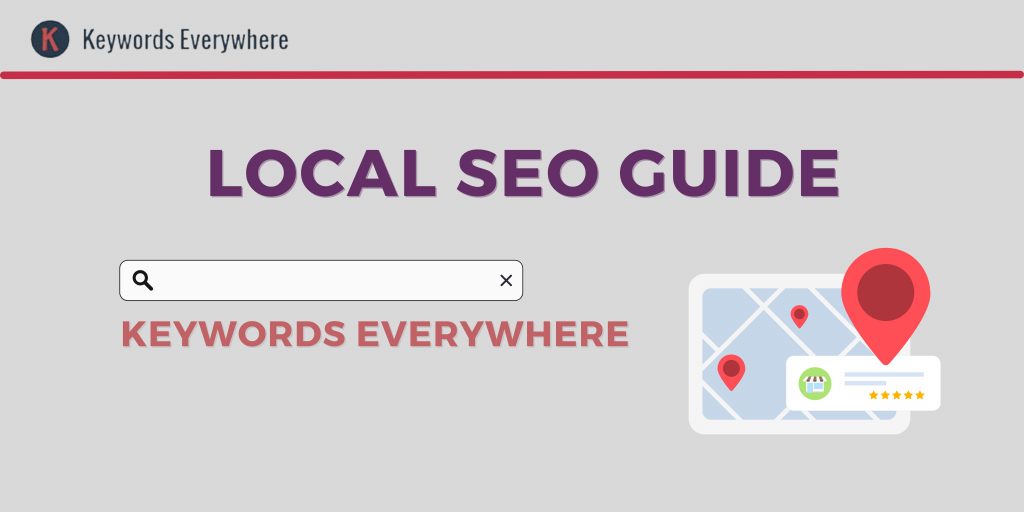Location-Based Keywords: The Ultimate Guide for Local SEO Success
In today’s digital age, appearing in local search results is essential for businesses that serve specific geographical areas. Location-based keywords are the backbone of any local SEO strategy. This guide will explore what location-based keywords are, how they work, and how to use them effectively to attract local traffic, generate leads, and grow your business.
What Are Location-Based Keywords?
Location-based keywords are search terms that include a specific location such as a city, town, neighborhood, or region. They help search engines connect users with relevant local businesses, services, or information.
Example Keywords:
-
“Best dentist in New York”
-
“Digital marketing agency in Los Angeles”
-
“Plumber near me”
These keywords signal geographic intent, helping businesses target local customers more effectively.
Why Location-Based Keywords Matter
Incorporating geographic terms into your SEO strategy can drastically increase visibility for local searches. Here’s why they’re important:
1. Increase Local Visibility
Search engines prioritize relevance and proximity. Using local keywords increases your chance of appearing in “near me” or location-specific queries.
2. Target Ready-to-Buy Customers
People searching locally often intend to make a purchase or book a service quickly, making these leads highly valuable.
3. Compete with Local Businesses
You may not compete nationally, but dominating local search can make you the go-to provider in your area.
How to Find Location-Based Keywords
1. Google Autocomplete and “Searches Related To”
Type your main service or product and add a location. Google will auto-suggest popular queries. Scroll to the bottom of search results for additional suggestions.
2. Use Keyword Research Tools
Tools like Ahrefs, SEMrush, and Ubersuggest can help identify location-specific keyword volumes and competition levels.
3. Google Keyword Planner
Use this free tool to filter keywords by geographic location, showing relevant searches in your area.
4. Analyze Competitor Keywords
See what keywords top competitors use for local visibility.
Types of Location-Based Keywords
1. City-Based Keywords
-
“Divorce lawyer in Chicago”
-
“Restaurants in San Francisco”
2. Neighborhood-Specific Keywords
-
“Café in Brooklyn Heights”
-
“Barbershop in West Hollywood”
3. Near Me Keywords
-
“Urgent care near me”
-
“Auto repair shop near me”
4. Service + Location
-
“Home cleaning services Dallas”
-
“Dog grooming San Diego”
Where to Use Location-Based Keywords
1. Website Content
Include local keywords in your homepage, service pages, and blog content.
2. Meta Titles and Descriptions
Add the city or region in your meta tags to improve click-through rates.
3. URL Slugs
Use descriptive slugs like /plumber-chicago or /services/los-angeles-cleaning.
4. Headings and Subheadings
Optimize H1 and H2 headings with relevant geographic keywords.
5. Google Business Profile
Make sure your profile includes your business category, address, and city-specific descriptions.
Writing SEO-Friendly Local Content
High-quality content helps establish relevance and authority. Here’s how to write with local intent in mind:
1. Create Location Pages
If you serve multiple locations, create separate pages for each (e.g., /houston, /dallas, /austin) with custom content.
2. Write Local Blog Posts
Topics like “Top 5 Things To Do in Miami” or “Best Coffee Shops in Downtown LA” naturally integrate keywords.
3. Use Local Events and News
Mentioning local festivals, news, or weather makes your content more relevant to local audiences.
Optimizing for “Near Me” Searches
“Near me” queries are growing fast due to mobile usage and voice search. Here’s how to rank for them:
1. Update Your Google Business Profile
Ensure consistent NAP (Name, Address, Phone Number), business hours, and reviews.
2. Use Schema Markup
Implement LocalBusiness schema to help Google understand your business location.
3. Get Local Backlinks
Get listed in local directories, chambers of commerce, or local blogs.
Mobile and Voice Search Optimization
1. Use Conversational Phrases
Voice search queries tend to be more conversational. Example: “Where can I find a dentist near me?”
2. Optimize for Speed
Mobile users expect fast-loading pages. Use compression tools and responsive design.
Examples of Location-Based Keywords by Industry
1. Medical Services
-
“Pediatrician in Atlanta”
-
“Urgent care Dallas”
2. Legal Services
-
“Personal injury lawyer Miami”
-
“Divorce attorney San Jose”
3. Home Services
-
“Roof repair Chicago”
-
“AC installation Phoenix”
4. Restaurants & Food
-
“Italian restaurant in Austin”
-
“Pizza delivery near me”
5. Retail and Shopping
-
“Furniture store Denver”
-
“Thrift shop in Seattle”
Tracking Local Keyword Performance
To ensure your strategy is effective, monitor keyword rankings and engagement.
Tools to Use:
-
Google Search Console – Track impressions and clicks for location-specific queries.
-
Google Analytics – See where your local traffic is coming from.
-
SEMrush/Ahrefs – Monitor keyword rankings over time.
Common Mistakes to Avoid
1. Keyword Stuffing
Avoid overusing the same location repeatedly. Use variations naturally.
2. Duplicate Content on Location Pages
Each location page should have unique, helpful content.
3. Ignoring Mobile Users
Most local searches happen on mobile—your site must be responsive.
4. Not Updating Business Information
Inconsistent NAP data confuses both users and search engines.
Tips for Building a Local SEO Strategy
1. Claim Online Listings
Get listed in directories like Yelp, YellowPages, and Apple Maps.
2. Encourage Reviews
Positive reviews improve your local rankings and trust.
3. Use Social Media
Post location-specific content and updates regularly.
4. Leverage Local Press
Reach out to local bloggers, news sites, and influencers.
The Future of Location-Based Keywords
With advancements in AI and personalization, local SEO will become even more tailored. Geo-targeted ads, hyperlocal keywords, and voice search will continue to shape the local search landscape.
Expect more integration between maps, local services, and real-time data.
Conclusion
Location-based keywords are a powerful tool to connect with your community and attract nearby customers. Whether you’re a small business, a franchise, or a service provider, incorporating geographic terms into your content and strategy can significantly boost your online visibility. Focus on quality content, maintain accurate listings, and continuously monitor your keyword performance for long-term local SEO success.
